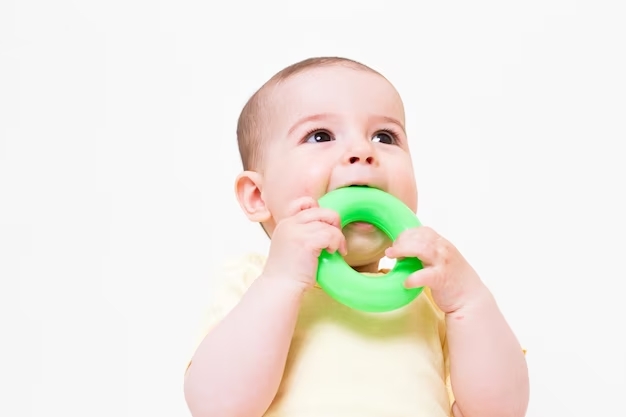Why Excessive Thumb Sucking Could Be Causing Your Child’s Overbite

Boosting Your Immune System: Why Treating Gum Disease Should Be a Priority
March 15, 2023
Teething Troubles: Tips for Soothing Your Baby’s Painful Gums
March 28, 2023“Thumb sucking is a common habit among young children, but did you know that it could be causing more harm than good? If your child’s teeth are starting to protrude or they have an overbite, excessive thumb sucking may be the culprit. In this blog post, we’ll explore how prolonged thumb sucking can affect your child’s dental health and what steps you can take to help them break the habit.”
Introduction to Thumb Sucking
If you have a young child, chances are you’ve seen them suck their thumb from time to time. And while it may seem like a harmless habit, excessive thumb sucking can actually cause your child’s overbite.
Thumb sucking is a natural reflex for infants and young children. It’s soothing and can help them fall asleep. But when it becomes excessive, it can put pressure on the teeth and jaw, causing the teeth to protrude and the lower jaw to recede. This can lead to an overbite, which is when the top teeth overlap the bottom teeth.
While most children will eventually outgrow thumb sucking on their own, if it continues beyond the age of four or five, it may be time to intervene. There are a number of ways to stop thumb sucking, including positive reinforcement, behavioral therapy, and devices that make it difficult to suck your thumb.
If you’re concerned about your child’s thumb sucking habit, talk to their doctor or dentist. They can help you come up with a plan to stop the habit before it causes any permanent damage.
How Does Thumb Sucking Lead to Overbite?
When a child sucks their thumb, the muscles and tissues around the mouth are pulled forward. This can cause the teeth to become misaligned, which can lead to an overbite. Additionally, when a child sucks their thumb for prolonged periods of time, it can put pressure on the roof of their mouth. This pressure can cause the teeth to become pushed forward, further contributing to an overbite.
Treatment Options for Overbite Caused By Thumb Sucking
If your child has an overbite caused by thumb sucking, there are a few treatment options available.
The first option is to have your child wear a appliance, such as a palatal expander or braces, which will help to correct the overbite.
Another option is to have your child stop thumb sucking altogether. This may be easier said than done, but there are a few things you can do to help. First, try to find a replacement activity for your child that they can do when they feel the urge to suck their thumb. This could be something like chewing on a straw or chewing gum. You can also try putting a bandage on their thumb or using a bitter-tasting nail polish to deter them from sucking. If you child is older, you can talk to them about the negative effects of thumb sucking and why it’s important to stop. With patience and perseverance, you can help your child overcome their thumb sucking habit and correct their overbite.
Conclusion
We hope this article has given you a better understanding of the potential consequences of excessive thumb sucking and why it could be causing your child’s overbite. It is important to intervene as soon as possible in order to prevent further damage, so if you suspect that your child is engaging in prolonged thumb sucking, have them seen by a dentist or orthodontist at their earliest convenience. With proper intervention and guidance from our experienced Olds dentist, you can help ensure that your child develops healthy habits for life!



